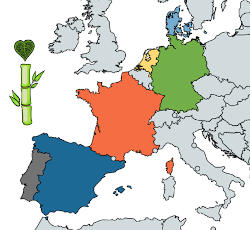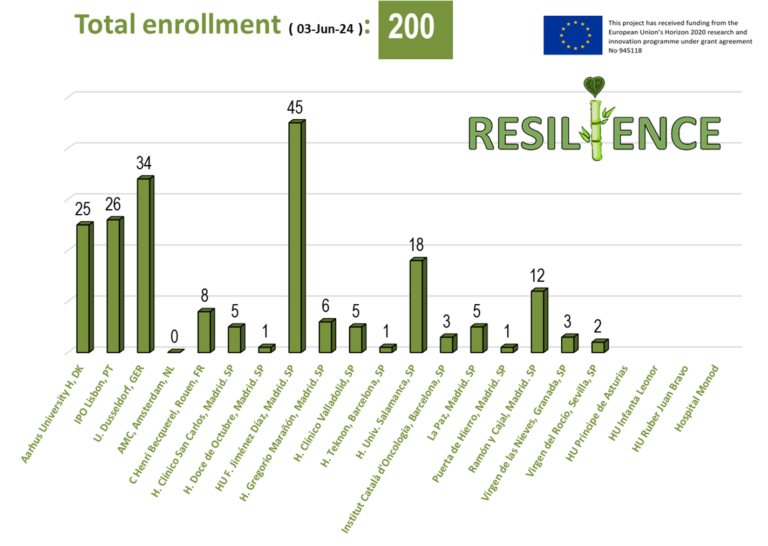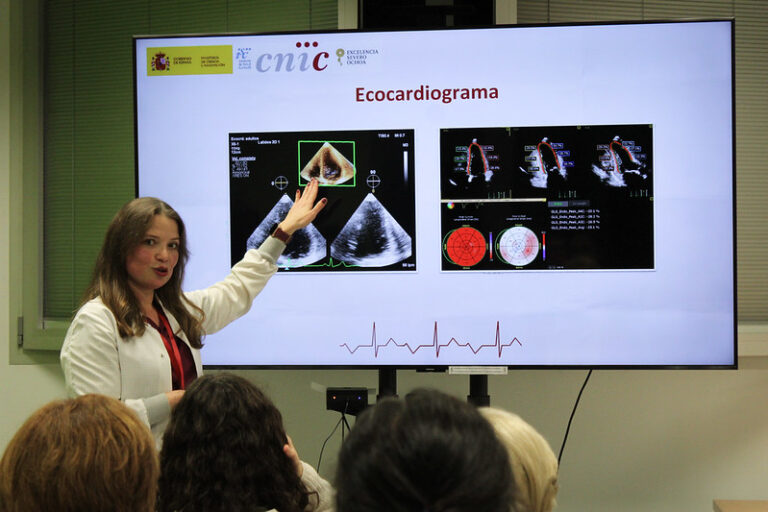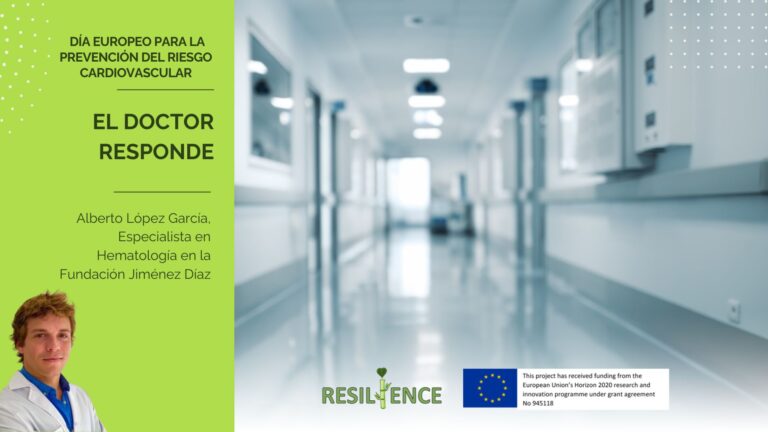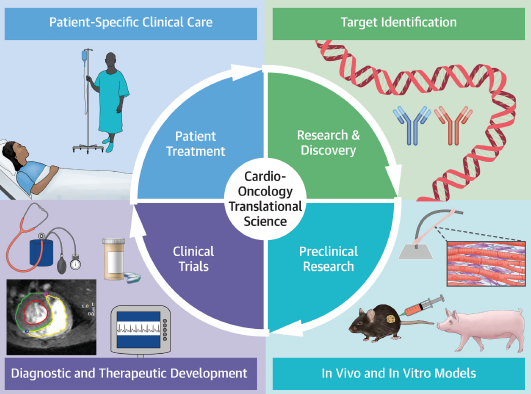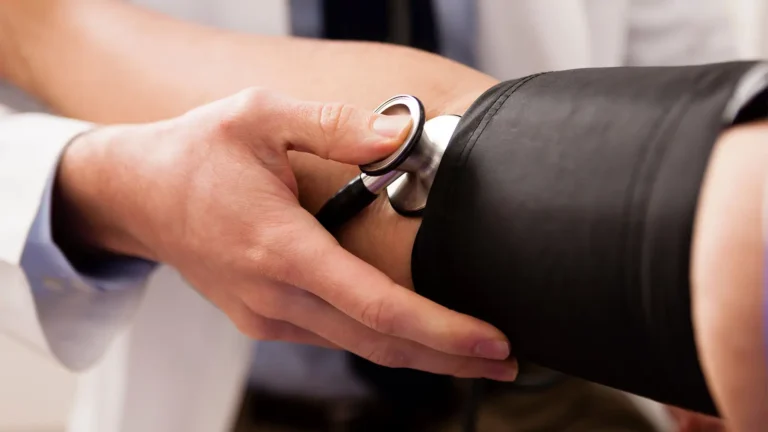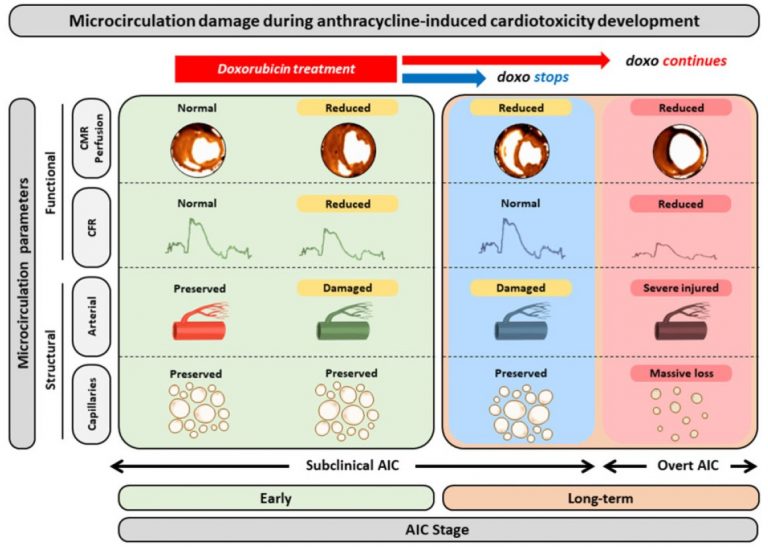GCOS 2023 Symposium Proceedings: JACC: CardioOncology State-of-the-Art Review
Despite improvements in cancer survival, cancer therapy–related cardiovascular toxicity has risen to become a prominent clinical challenge. This has led to the growth of the burgeoning field of cardio-oncology, which aims to advance the cardiovascular health of cancer patients and survivors, through actionable and translatable science.
In these Global Cardio-Oncology Symposium 2023 scientific symposium proceedings, we present a focused review on the mechanisms that contribute to common cardiovascular toxicities discussed at this meeting, the ongoing international collaborative efforts to improve patient outcomes, and the bidirectional challenges of translating basic research to clinical care. We acknowledge that there are many additional therapies that are of significance but were not topics of discussion at this symposium.
We hope that through this symposium-based review we can highlight the knowledge gaps and clinical priorities to inform the design of future studies that aim to prevent and mitigate cardiovascular disease in cancer patients and survivors.
The Authors. Published by Elsevier on behalf of the American College of Cardiology Foundation. This is an open access article under the CC BY-NC-ND license.




